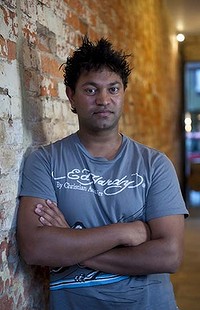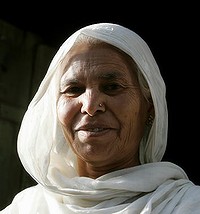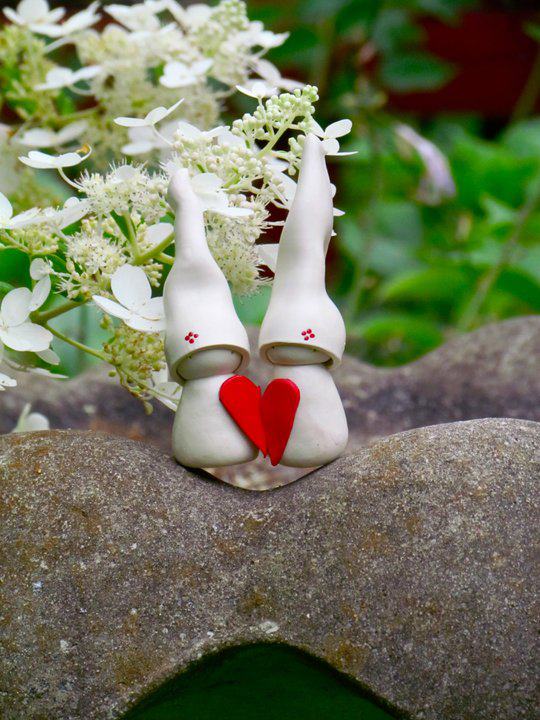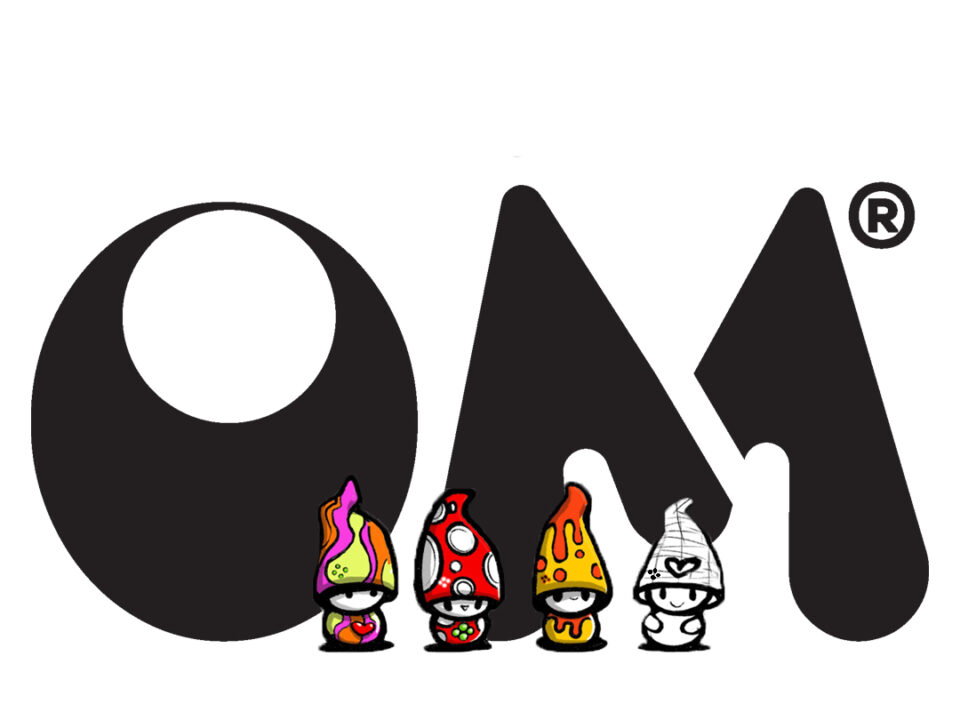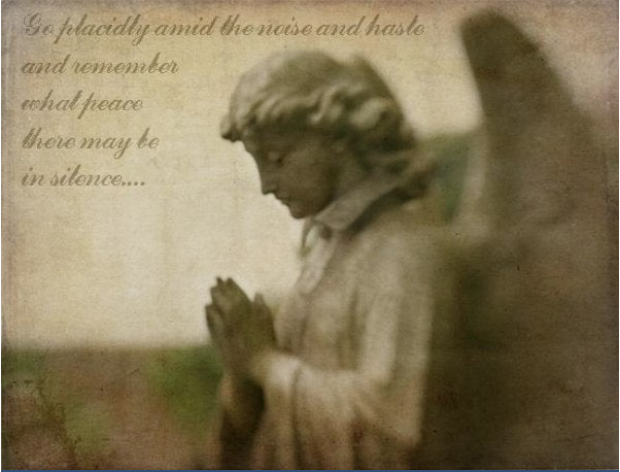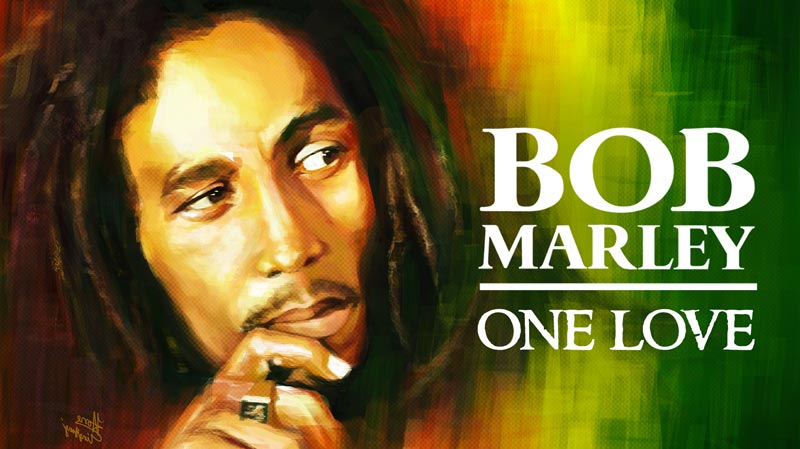Shooting hoops and helping people: The Manuel Compito connection . . . .
April 9, 2012'The best cardboard arcade ever made . . . .'
April 17, 2012
Connection can be a powerful thing. Just ask Saroo Brierly.
In 1986, aged just five, he left his run-down home in Ganesh Talei, a tough neighborhood in Khandwa, India, bound for the local station with his older brother Guddu.
It was there that Guddu swept trains to earn a few extra rupees to help his impoverished parents, there that the two boys became separated, there that Saroo was lost.
He did, eventually, find his way home. But it took him 26 years . . . .
Saroo’s story is extraordinary, in turns terrifying and tragic, its ending, at least, a little happier.
Running through the tale is connection at its most powerful, the unbreakable bonds that led him back to Ganesh Talei just last month . . . .
Things like family, home and belonging.
Here in Saunderstown, Rhode Island, such things are important to us also, underpinning all our efforts and inspiring the OMs that are our connective conduit. That in mind, it should come as no surprise that Saroo’s story has touched us so.
Just to think about the frightened five-year-old, searching a crowded train in desperation for Guddu is heartbreaking; to imagine him curling up on a seat and falling asleep in a third-class carriage, unnoticed and ignored, appalling; to picture Saroo waking and finding himself in slum-ridden Calcutta – a grimy, industrial city, home to more than 10 million people and innumerable lost children, some 1400km from Ganesh Talei – moves us almost to tears.
Illiterate and unable to communicate (Saroo spoke Hindi, the people he encountered Bengali), he couldn’t even name the place he’d come from.
Overcrowded, overwhelming and indifferent, Calcutta swallowed Saroo up.
***
Saroo: “I was absolutely scared. I didn’t know the city I was from. I didn’t even know how to count to five. I didn’t know left from right. For a person not even a meter in height to go into a place like that is extremely scary. No mother would let her child go into the slums and train stations of Calcutta.
“I tried so many trains but they were all dead ends. I tried to talk to people [but] there was a language breakdown. No-one wanted to help, everyone had their own things to do. I was just another kid . . . . wanting money, or food.
“I thought about going home but I knew I’d lost it . . . . that was a dead end. Life instinct kicked in. When it came to food, you just had to beg. Sometimes you had to steal things. Whatever got you through the night, you had to do. I had to be careful. You couldn’t trust anyone.”
***
Saroo slept rough, curled up in the darkened corners of station platforms. Once, he fled from a man who offered him food and shelter but whose motives Saroo did not trust. He tried swimming in the Ganges and twice had to be rescued. Several months passed before he ended up in a Government detention center and found himself put up for adoption.
It didn’t take long for a home to be found, albeit 10,000km away, in Tasmania, Australia, Saroo leaving India behind and starting afresh in Hobart.
He thrived in his new environment, sailing through school and studying in Canberra before joining the family’s engineering business. These days he is Australian in all things – in manner, speech, outlook and citizenship – but Ganesh Talei never stopped tugging at his heartstrings.
It took him several years (and Google Earth) to find it, calculating the time he had been lost and the train’s average speed to identify a search area. Eventually, he happened across a waterfall he remembered playing around and a bridge that he could recall and he had his answer.
***
Saroo: “I was determined to keep all those memories I had. For some reason, I believed that I would need them at some time. For years I searched, looking up and down [then] I started looking from [Calcutta] train station and following the railroad back. There were so many tracks, it was driving me crazy, like looking for a needle in a haystack. When I found it, I zoomed down and bang, it just came up. I navigated [all] the way from the waterfall where I used to play. That’s where I was born.”
***
It wasn’t just Saroo who failed to return home that fateful night in 1986.
Guddu disappeared also, his body discovered several weeks later, close to the tracks at Burhanpur Station. His death – the circumstances not uncommon in India – has never been explained to Fatima Bi, a mother who, 26 years ago, lost two sons. Guddu gone forever, she never gave up hope that Saroo might, one day, come back to her.
Last month, her prayers were answered . . . .
***
Fatima: “I prayed every day, all of my life, my only prayer that I’d hold my son again before I die. I never lost faith. I had [just] one wish in my life, and that was to see him again. I recognized him immediately, he was my son. I recognized him from the mark on his forehead [a reminder of the time a horse kicked the infant Saroo] and he has the same chin as his brothers. I embraced my son without losing any time. I had so much joy, the happiness in my heart was as deep as the sea. I experienced heaven on this Earth when my son met me. His life is in Australia now, they are his family and I say to them, ‘thank-you so much for the life you have given him’. But I hope that he will stay connected with his roots.’
***
This is connection at its strongest, the power at the heart of all we do, a force that goes into every OM to leave our studio. This is a story that bears out all that we believe in . . . .
That some bonds cannot be broken. That nothing matters more than family, home and that nagging sense of belonging. This is inspiration.
Here’s to Saroo and Fatima, and here’s to Guddu’s memory . . . .

